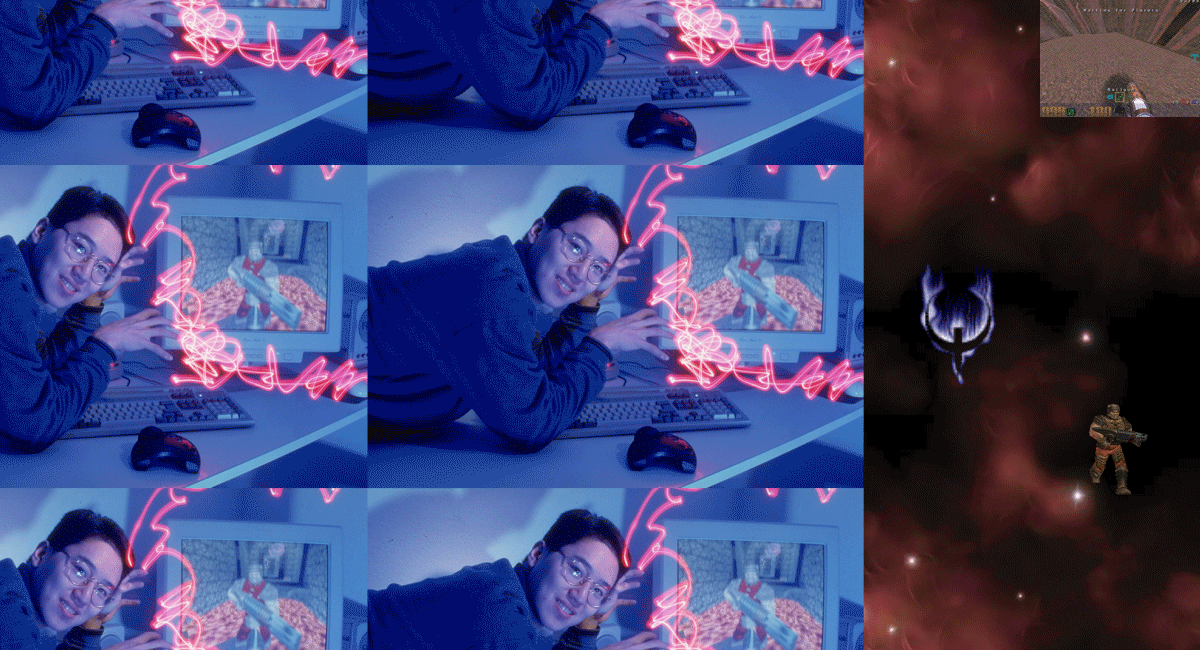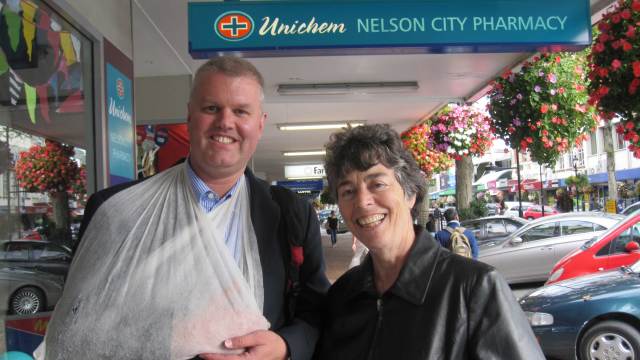Outside the Tech Bubble the Future is Mobile

Yesterday I had a very pleasant talk with Tim Ridgway of Califone which once more showed how broad the transition period we are currently go through actually is. Califone develops teaching devices for schools and universities since 1947 and while the product range includes sophisticated headsets and webcams these days, they are still producing and selling tape recorders as the demand for those devices is still there.
When Loïc Lemur asked Gary Vaynerchuk, one of the thought leaders in social media and mobile, at LeWeb 2009 why he published a classic book, Gary’s answer was: “Because people read books.”
When I moved from Berlin to France a couple of years ago I decided to live in the countryside and not in or near Paris. Getting high speed Internet connection here is not that easy and it took me a while to find a place that was a) in a rural area and b) provided me with somewhat fast Internet access. In fact I got the last spot on the line and France Telecom turned Orange is not planning to extend the infrastructure anymore, but we get back to that in a minute.
What I soon learned with my low end connection was that first of all I was not alone. Sure, in big cities like Paris, Bordeaux or Lyon you get the really fast lines but for most people it is not the case and far from their everyday reality. Therefore it soon became pretty obvious that many services for online education where simply built from inside the tech bubble, e.g. in big cities with great infrastructure and thus those services were (are) too “heavy” for many (most) potential users outside of those high tech enabled areas.
This includes virtual classrooms and web meetings, video portals and flash based interactive exercises. If the video is laggy, the game needs minutes to load or the sound and video quality in the classroom is bad it is obvious that consumers stay away from learning online.
Other problems are based on the hardware and software learners use. When YongoPal was testing its service for students in South Korea the team had to cope with the fact that a huge percentage of them was still using Internet Explorer 6. This experience amongst others lead YongoPal to the decision to turn their product into a mobile application.
Back to the French countryside. Every couple of months I visit my local Orange boutique in Rennes and ask if they can provide me with a faster line. The answer is of course “non” but they would of course be very happy to sell me a 3G mobile contract as the company will invest in the mobile infrastructure but not in classic landlines anymore.
If we then take a look at Africa, India and China it is pretty obvious that mobile will become the new standard. Why drawing copper lines in the countryside when you can build some mobile towers to bridge the distance which lowers both cost and effort? Sure, there needs to be a pretty sturdy infrastructure in place to handle the new user behavior of browsing the web and watching videos on their mobile devices successfully but in the end it makes more sense than the classic approach. We are more and more used to the fact that we are connected to the cloud 24/7.
This post-PC area will enforce completely new usage patterns for may aspects of our daily lives including how we learn, what we learn and where we learn.





